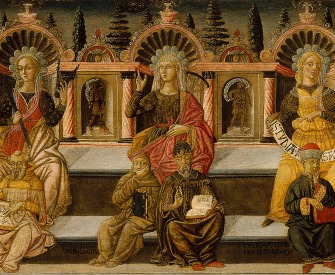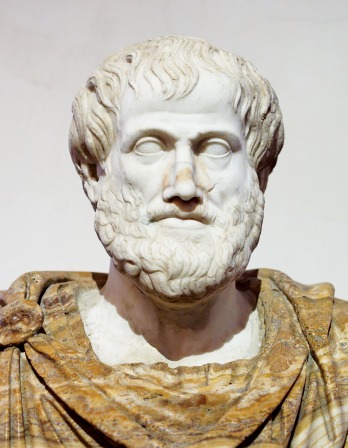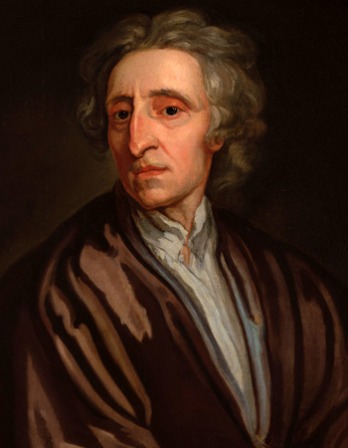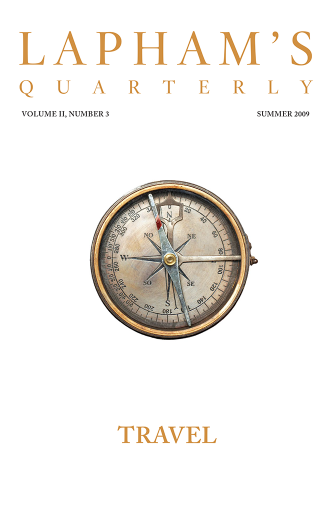It is an admitted fact that the greater portion of the revenues of the Indian Empire are derived from the ryot’s [tenant farmer’s] labor—from the sweat of his brow. The higher and richer classes contribute little or nothing to the state’s exchequer. A well-informed English writer states that “our income is derived not from surplus profits but from capital; not from luxuries but from the poorest necessaries. It is the product of sin and tears.”
That government should expend profusely a large portion of revenue thus raised on the education of the higher classes, for it is these only who take advantage of it, is anything but just or equitable.
Their object in patronizing this virtual high-class education appears to be to prepare scholars. “Who, it is thought, would in time vend learning without money and without price,” states the writer above alluded to.
We ask the friends of Indian universities to favor us with a single example of the truth of their theory from the instances which have already fallen within the scope of their experience. They have educated many children of wealthy men, and have been the means of advancing very materially the worldly prospects of some of their pupils; but what contribution have these made to the great work of regenerating their fellow men? How have they begun to act upon the masses? Have any of them formed classes at their own homes or elsewhere for the instruction of their less fortunate or less wise countrymen? Or have they kept their knowledge to themselves, as a personal gift, not to be soiled by contact with the ignorant vulgar? Have they in any way shown themselves anxious to advance the general interests and repay the philanthropy with patriotism?
Perhaps the most glaring tendency of the government system of high-class education has been the virtual monopoly of all the higher offices under them by the Brahmans. If the welfare of the ryot is at heart, if it is the duty of government to check a host of abuses, it behooves them to narrow this monopoly day by day, so as to allow a sprinkling of the other castes to get into the public service. Perhaps some might be inclined to say that it is not feasible in the present state of education. Our only reply is that if government would look a little less after higher education and more toward the education of the masses, the former being able to take care of itself, there would be no difficulty in training up a body of men in every way qualified and perhaps far better in morals and manners.
My object in writing the present volume is not only to tell my Sudra brethren how they have been duped by the Brahmans but also to open the eyes of government to that pernicious system of high-class education. I sincerely hope that government will ere long see the error of their ways, trust less to writers or men who look through high-class spectacles, and take the glory into their own hands of emancipating my Sudra brethren from the trammels of bondage which the Brahmans have woven around them like the coils of a serpent. It is no less the duty of such of my Sudra brethren as have received any education to place before government the true state of their fellow men and endeavor to the best of their power to emancipate themselves from Brahman thralldom. Let there be schools for the Sudras in every village; but away with all Brahman schoolmasters! The Sudras are the life and sinews of the country, and it is to them alone and not to the Brahmans that the government must ever look to tide them over in their difficulties, financial as well as political. If the hearts and minds of the Sudras are made happy and contented, the British government need have no fear for their loyalty in the future.
From a deposition before the Indian Education Commission. When Phule was around eleven years old, according to some accounts, his father was convinced to withdraw him from the local school by a Brahman clerk who felt threatened by the boy’s literacy. Three years later Phule resumed his studies in English, and after graduating in 1847 he opened a school for lower-caste girls. “Female schools,” he declared, are “even more necessary than male ones, the root of education lying in the proper turn mothers give to the disposition of children between their second and third years.”
Back to Issue





